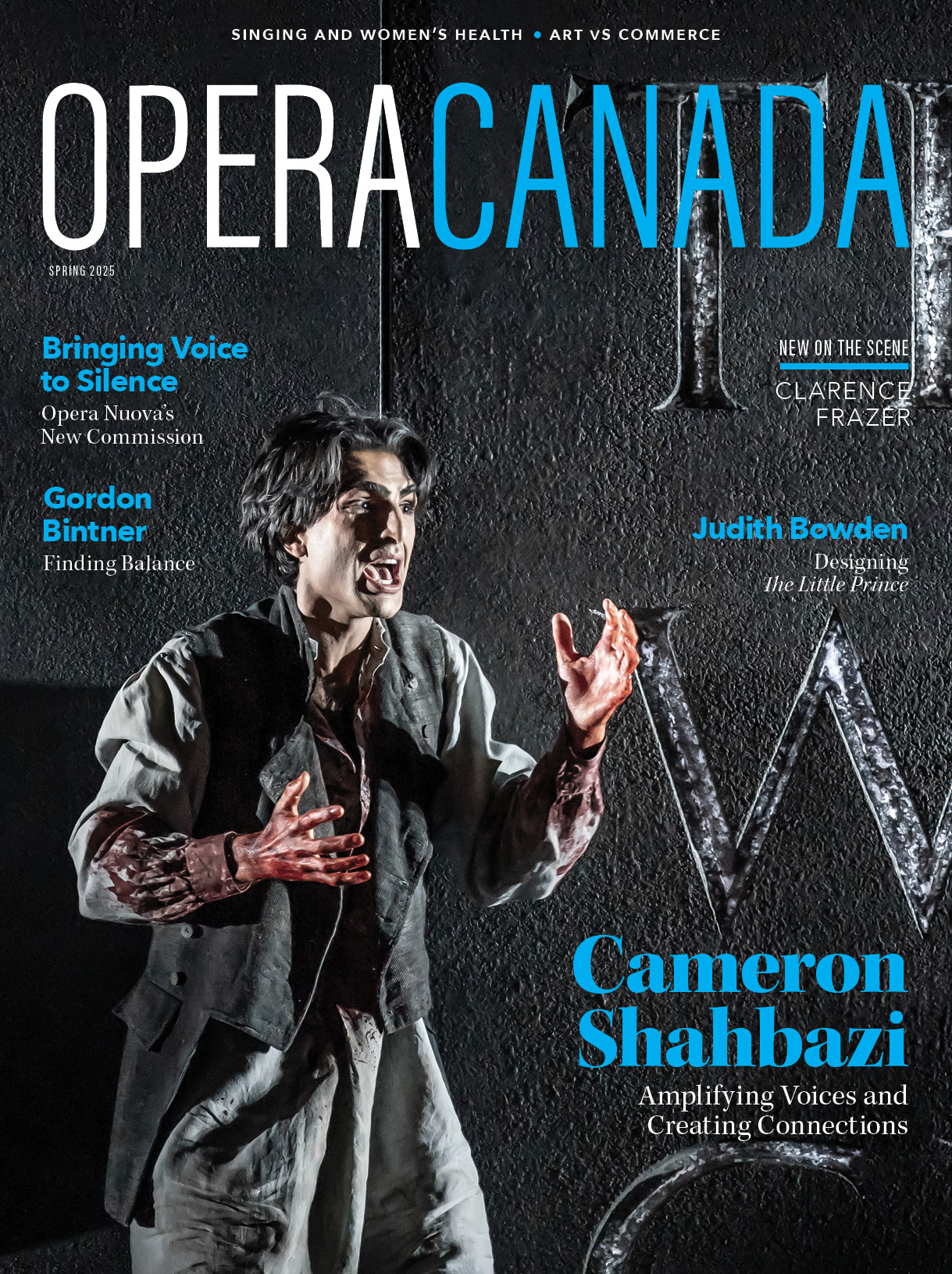In the case of Franz Liszt’s unfinished opera Sardanapalo, the answer is an emphatic yes.
The first act of the work was given its world premiere this past weekend in Weimar, Germany thanks to David Trippett, Senior Lecturer in Music at the University of Cambridge.
Long dismissed by scholars for being indecipherable, Trippett rediscovered the manuscript for Sardanapalo at the Goethe and Schiller Archive in Weimar, where Liszt had worked as director of the court orchestra (now Staatskapelle) from 1842 to 1858. Based on Lord Byron’s 1821 historical tragedy “Sardanapalus,” which recounts the tale of the hedonistic, Assyrian king, the English poet’s work (originally dedicated to Goethe), was tremendously influential within the cultural sphere, and inspired various works of art, including Delacroix’s La Mort de Sardanapale, as well as a number of composers, including Berlioz, Ravel, and Pizzetti.
Intending his opera to be three acts, Liszt began his own sketches in 1849, largely done in shorthand through the 1850s. He made regular use of abbreviations and created various alternative versions, resulting in an 111-page manuscript that fell by the wayside when he was unable to find a satisfying libretto for the second and third acts. The work was catalogued in 1910, but considered too incomplete to perform.
Trippett, a student at the Leipzig Academy of Music when he discovered the manuscript, spent over a decade meticulously weaving together its various elements based on the composer’s many notes, alterations, and abbreviations; the past three years were spent working on Liszt’s specific instructions around its orchestration. He notes in the press kit for the event that the music “contains elements from Bellini and Meyerbeer, alongside glimpses of Wagner,” though in conversing with him after its second Aug. 20th performance in Weimar, he also thinks that Sardanapalo is a “missing link” between the worlds of Italian and German opera traditions, with audible elements of Verdi’s Nabucco and Don Carlos.

Oleksandr Pushniak, Airam Hernández, Joyce El-Khoury and David Trippett at Staatskapelle Weimar on August 19. Photo: Candy Welz
Despite its title, the favoured concubine Mirra is the central figure of the work. Indeed, her tentative entrance might lead listeners to initially think of her as a minor character, but the lengthy dramatic sections shortly thereafter are a reminder of her narrative centrality. These high-flying passages require great vocal and theatrical resources, and Canadian soprano Joyce El-Khoury (soon to be seen in the Canadian Opera Company production of Tchaikovsky’s Eugene Onegin and as special guest performer at this year’s Opera Canada Awards—‘The Rubies’) delivered both, and much more, in her performance with the Weimar Staatskapelle.
In Aug. 20th’s all-Liszt concert presentation led by Deutsches Nationaltheater and Staatskapelle Weimar, Music Director Kirill Karabits (also Chief Conductor of the Bournemouth Symphony Orchestra), the brilliance of the singers—tenor Airam Hernández, bass baritone Oleksandr Pushniak, and female members of the Opera Choir of the German National Theater Weimar—shone in the fiendishly difficult passage work that characterized much of the Sardanapalo fragment with its dense orchestration featuring a blazing brass section and thickly-textured strings.
The Staatskapelle Weimar, Germany’s oldest orchestra (founded in 1491), gave a wonderfully authoritative reading, which contained strong sonic elements of Liszt’s “Faust Symphony” (premiered in Weimar in 1857), although that particular work wasn’t chosen to accompany the opera excerpt, but rather, two other pieces from the 1850s, his “Dante Symphony,” and the rousing “Huldigungsmarsch” which opened the presentation and featured stellar interplay between the strings and woodwinds sections.

Airam Hernández and Joyce El-Khoury performing Sardanapalo at Staatskapelle Weimar on August 19. Photo: Candy Welz
This call-and-response style was echoed in the opera (or first act thereof) which followed. It starts off by exploring the intensely intimate connection between the King (Hernández) and Mirra (El-Khoury), and shows his abhorrence of violence, despite what his military advisor and soothsayer, Beloso (Pushniak), warns as being great risks from discontented rebels. The beautiful choral writing in various sections throughout the piece recalls certain sections of Tannhaüser (as principal conductor Karabits has noted) though its strong melodic lines also brought to mind Verdi works, notably Nabucco and Simon Boccanegra.
El-Khoury brought a meaty dramatic approach to the work, her past experience with the famed Italian composer (particularly as his doomed heroine Violetta in La traviata) especially noticeable in her phrasing and tonal variances which ran the gamut from steely to silken. Liszt’s high-intensity vocal writing highlighted the remarkable dexterity of the singers, with Hernández, as the hedonistic titular king, demonstrating great Italianate lyricism and a charming stage presence.
Pushniak, as the soothsayer and military commander Beleso, showed impressive textural finesse, and used this wisely against a mighty and very bold brass section. There were audible gasps heard within the auditorium as the work ended with a very visceral bang, the drums of war rising and throbbing, reverberating through the walls of the Weimarhalle. No exercise in academic chin-stroking this, but a thrilling piece of music, alive, vibrant, and new—and only 170 years old.










